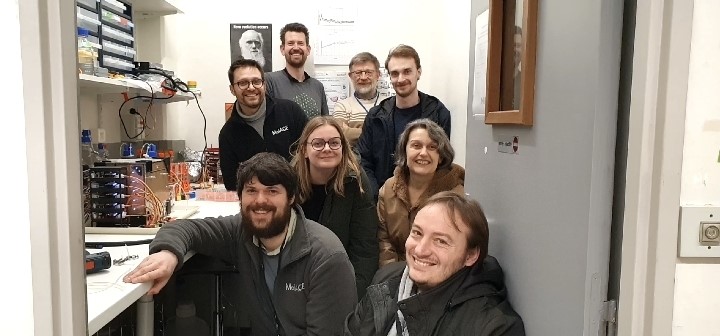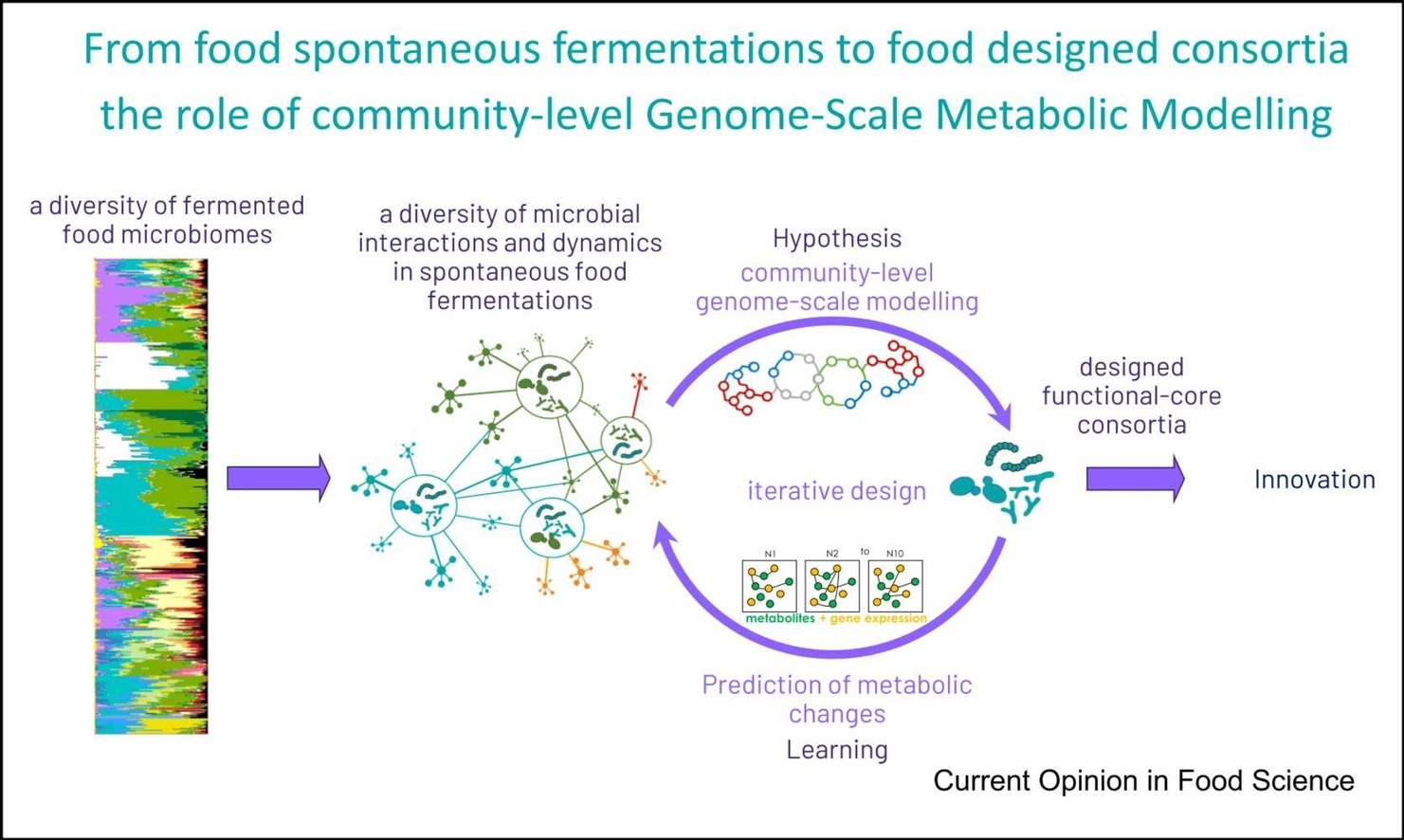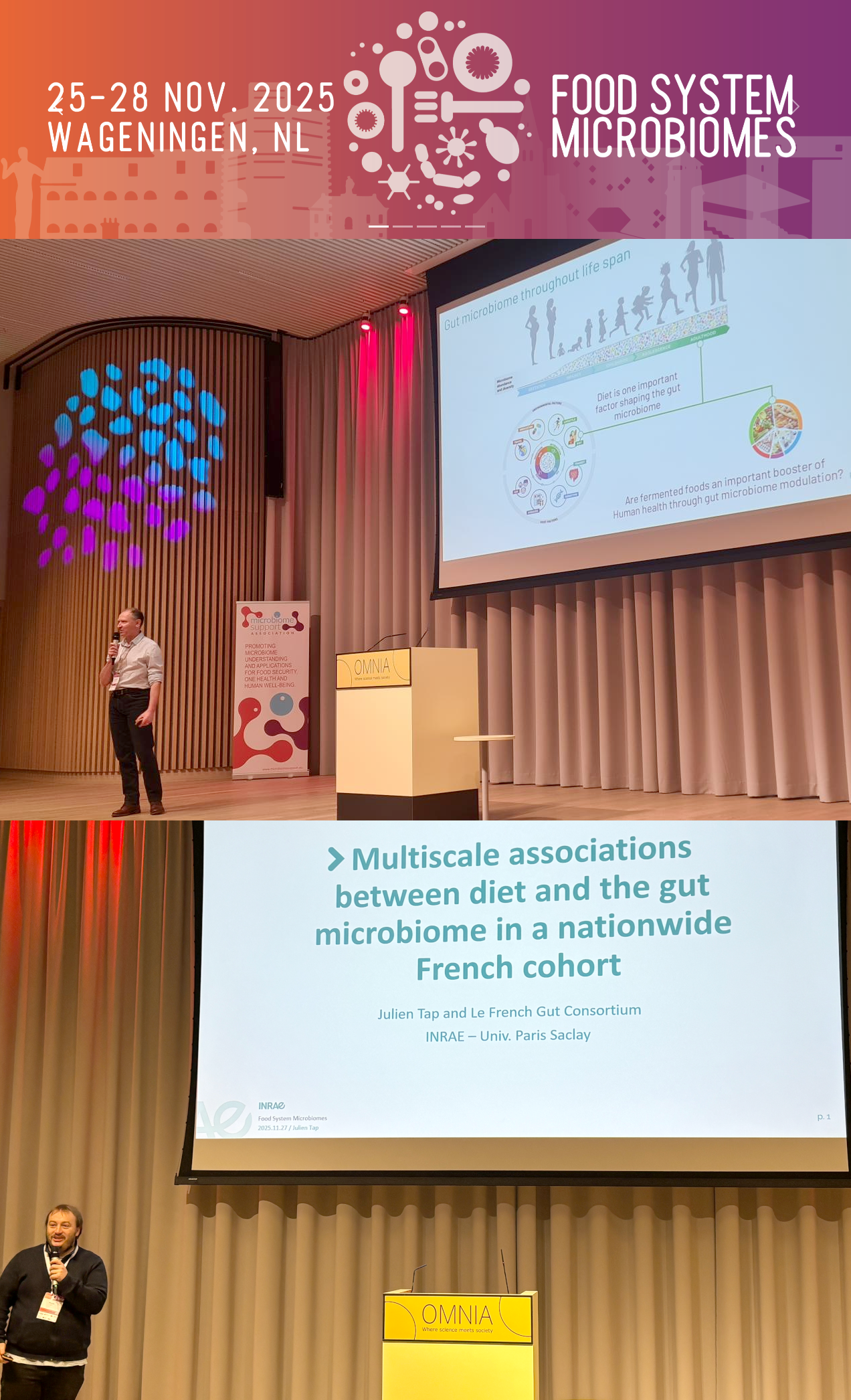Published: Jan 25, 2024 by FME Lab
Today marked the exciting kickoff of the FermenTwin project, funded by INRAE DIGIT-BIO metaprogram and coordinated by Guillaume Gautreau, an innovative venture set to develop a food microbiota digital twins of fermented vegetable juices.

The meeting was a vibrant exchange of ideas, bringing together a diverse group of experts and enthusiasts. Post-discussion, the attendees had the opportunity to indulge in an array of fermented juices, including carrot, beetroot, and cabbage, offering a firsthand taste of what the FermenTwin project aims to enhance.
The highlight of the day was the tour of the mini-biofermenters, developped by Cyprien Guerin and Pierre Nicolas, a peek into the advanced technology that lies at the heart of the project. These mini-biofermenters are a crucial element in the FermenTwin initiative, providing a controlled environment for studying and optimizing the fermentation process.


